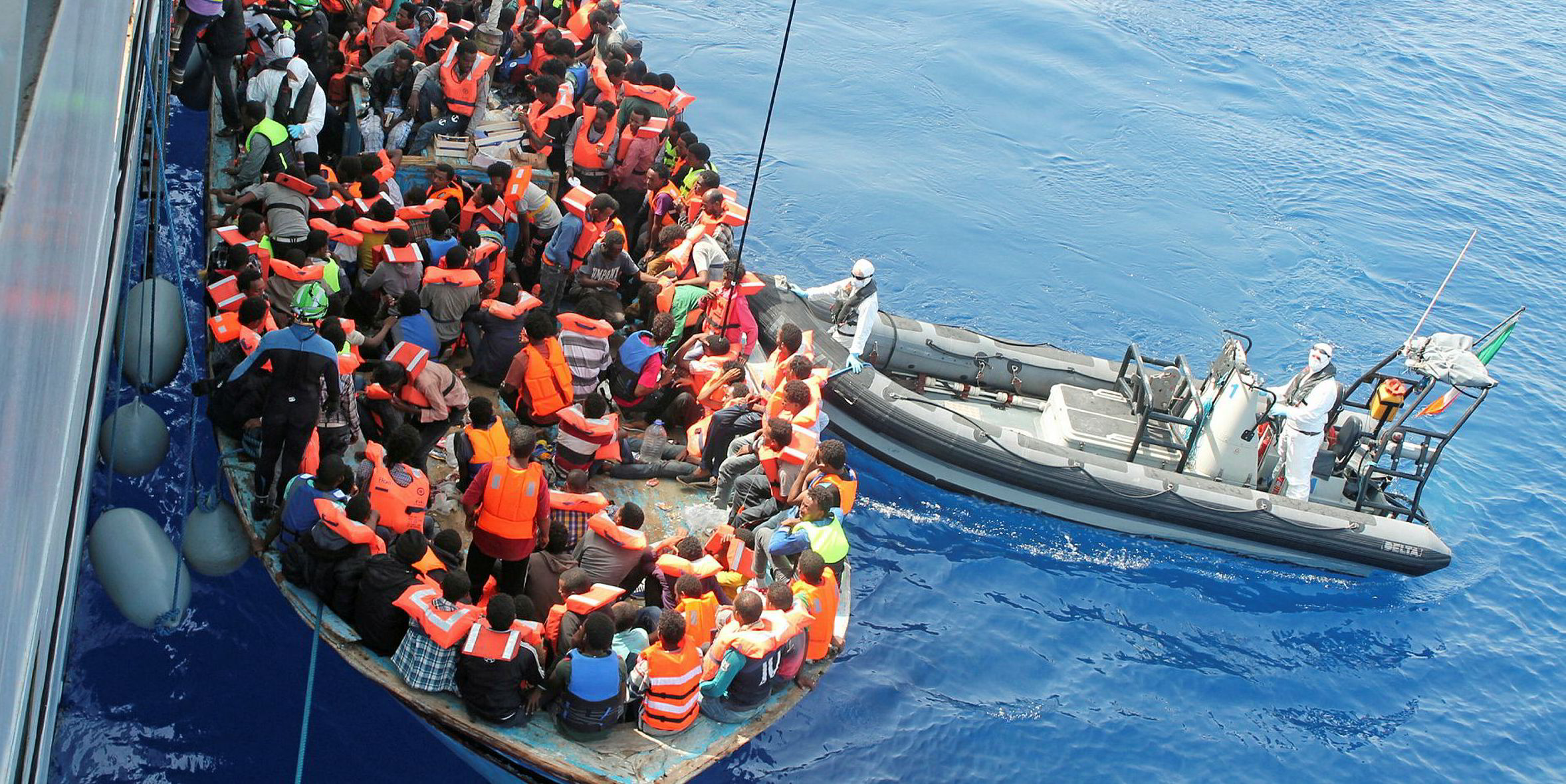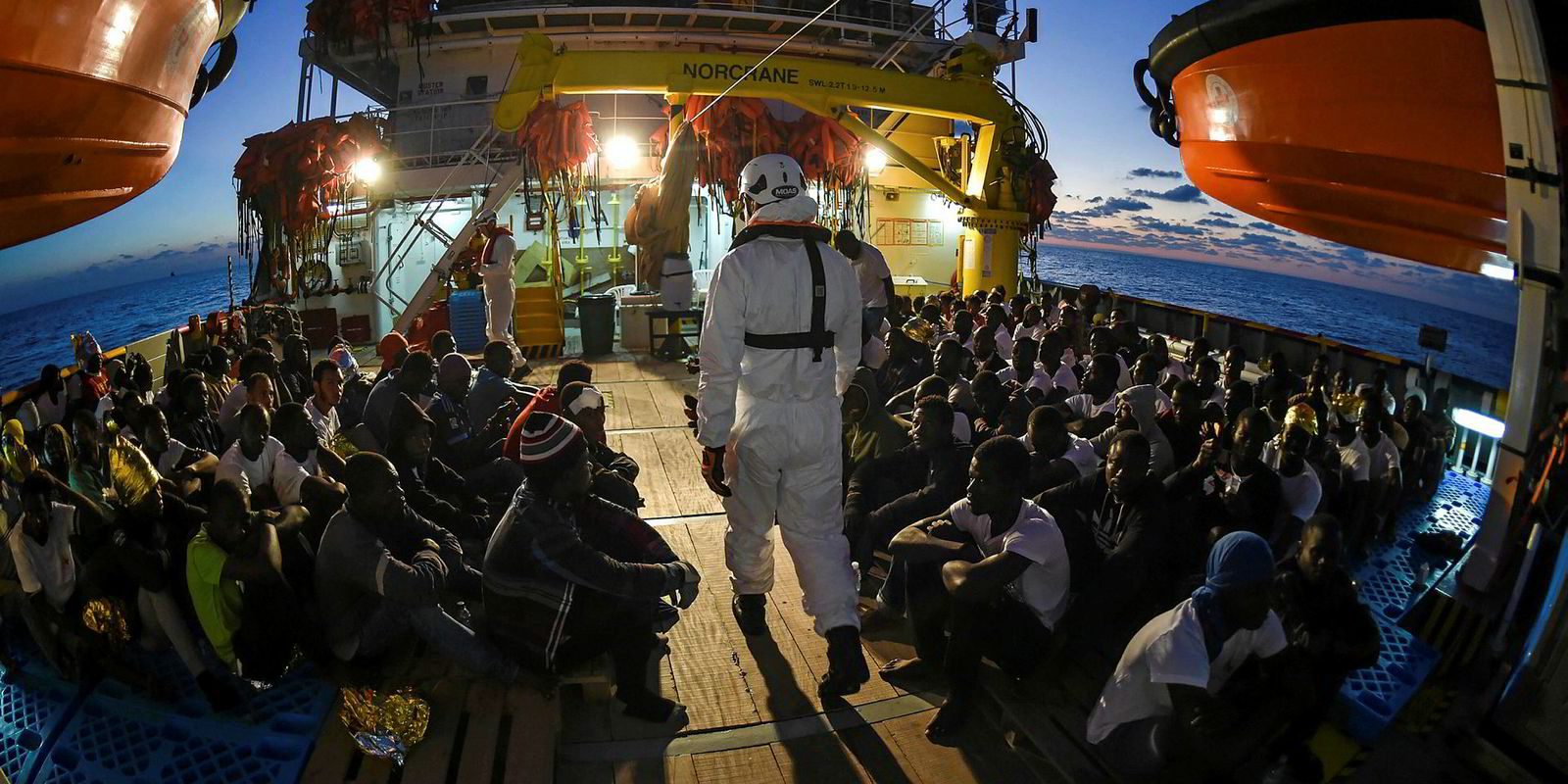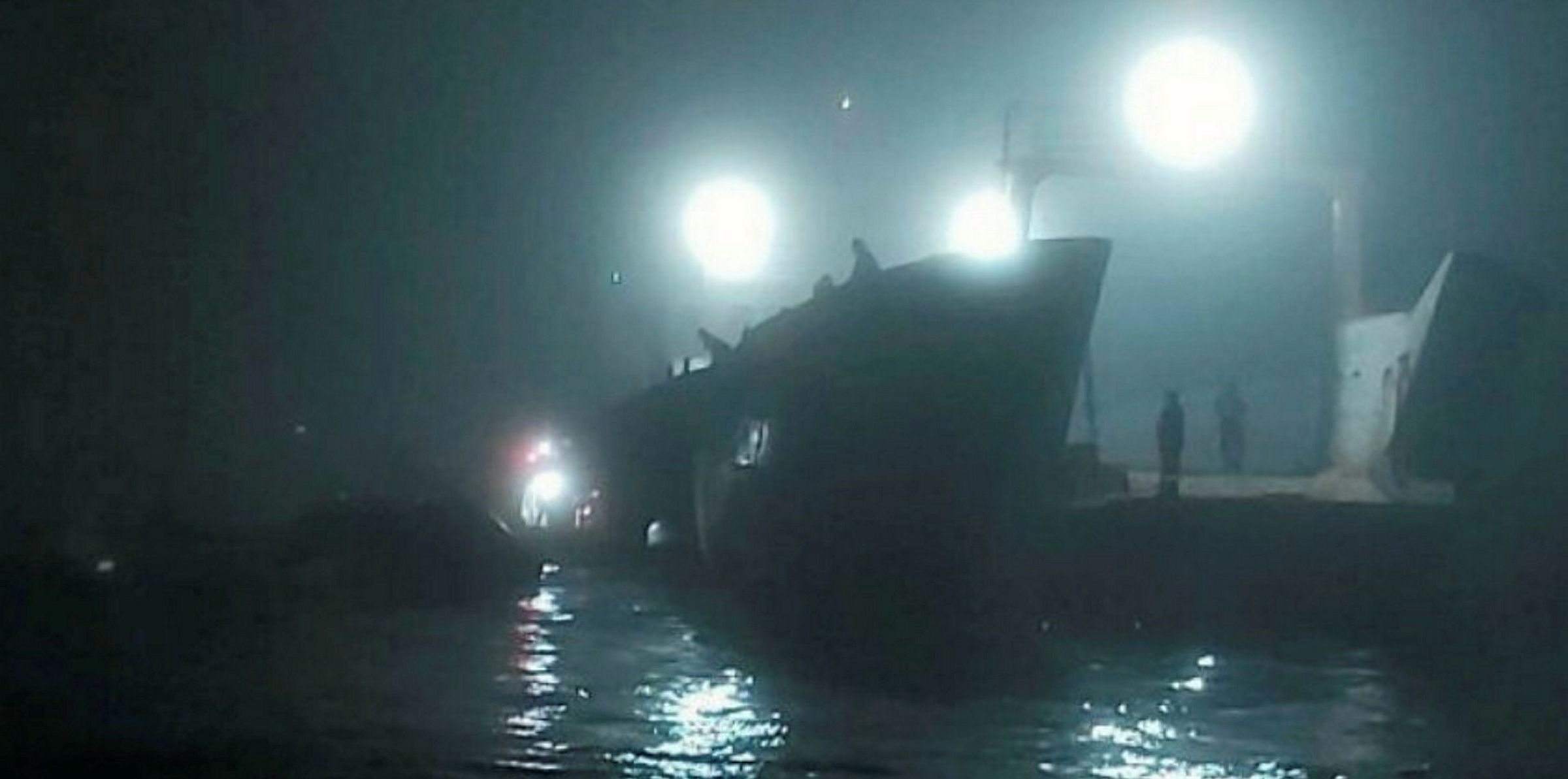Italy’s declaration of its ports “unsafe” for refuges has drawn criticism for its discriminatory nature, but some legal experts said this, on a standalone basis, might not provide sufficient legal ground for shipowners and seafarers to refuse to exercise charter orders.
Signed by Italian ministries in early April, the decree stated Italian ports are not safe places for foreign migrant rescue boats as the coronavirus ravages the country.
The order will stay valid until at least 31 July, when Italy’s state of emergency is due to end, a port official told TradeWinds.
On 6 April, Sea-Eye reported the Italian authority refused the disembarkation of 150 refuges on board its rescue boat, the 117-dwt Alan Kurdi (built 1951). The Germany-flagged ship, which operated in the Mediterranean, was in need of seeking assistance from Berlin.
‘Plain wrong’
The decree has generated concerns from some in commercial shipping, as crew and shipowners can refuse to operate at unsafe ports under normal charter terms.
“I can’t see how you can differentiate human beings depending on what they do. How can it be safe for seafarers to go there, but not for migrants,” a legal source said.
Human Rights at Sea chief executive David Hammond said: “The coronavirus pandemic is throwing up many societal and political challenges.”
“But the political use of the pandemic to target specific vulnerable groups such as migrants and refugees to effectively deny them a place of safety following maritime civil society — as well as commercial search and rescue operations — while not highlighting the same risks for state nationals and seafarers who visit those same ports is just plainly wrong.
“This is the kind of behaviour which is a reflection of panic as opposed to sensible decision-making, fair allocation of often limited State resources, and the absolute need for humanity to run through the core of all decision-making at this challenging time,” added Hammond, who is a qualified barrister.
Limited legal effects
But some lawyers said shipowners and seafarers would have little legal ground refusing to complete charter orders in Italy simply based on the government decree.
“The Italian government's declaration will not, in itself, conclusively determine that a port is unsafe under a charterparty,” Clyde & Co partner Nicholas Lum said.
“Some owners may try and rely on such a declaration as evidence that Italian Ports are therefore unsafe and refuse to call there on this basis, but further and more specific evidence demonstrating the risks and dangers to the vessel and crew will likely be required.”
While a contagious disease like Covid-19 may legally make a port unsafe, the safety of a port depends greatly on whether proper precautions and protective measures are in place, according to Hill Dickinson.
A charter contract could be breached if a shipowner refuses to call in Italy unless there were other evidences, such as a shortage of critical staff, to prove the port was unsafe, the law firm’s partner Beth Bradley said.






